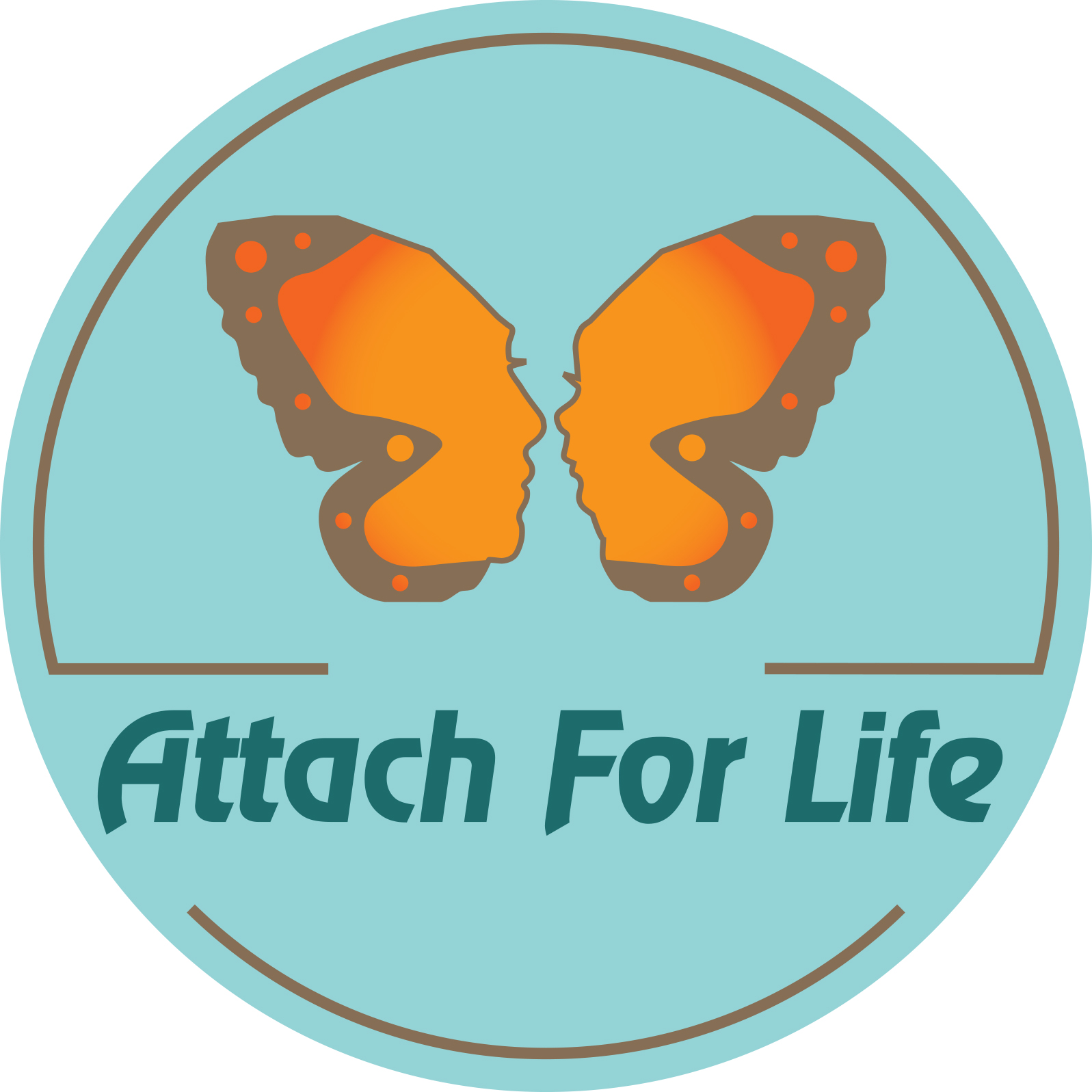Everyone has an attachment style or a combination of two. Attachment styles are the result of the type of attachment a person develops with their parent. The goal for everyone is to have a secure attachment style. You can gain a secure attachment style through healing during Laurie’s sessions.
The 4 attachment styles include:
• Secure
Children who have secure attachment are comfortable displaying affection and trusting others. They do not fear rejection.
• Ambivalent/Anxious
Children with this attachment style find it uncomfortable with closeness and primarily values independence and freedom. They are often nervous and stressed in their relationships.
• Avoidant/Dismissive
Children with this kind of attachment style are extremely independent, self-directed, and often uncomfortable with intimacy.
• Disorganized
Children with this form of attachment will oftentimes express odd or ambivalent behavior toward an adoptive/foster parent.

Adoption Failure
There can be several causes that can lead to the development of RAD. Researchers have often believed that a lack of appropriate amount of love, care and attention by a consistent caretaker contributes to the condition. This kind of neglect coupled with trauma and abuse can induce feelings of abandonment, loneliness, insecurity, and uncared for which can prevents children from establishing a healthy and secure emotional bond with his or her primary caretakers.
In regards to adopted and foster children, our research indicates that when a child is given up by their birth mother, they experience terror and fear; making a vow to themselves to avoid trusting others as a form of protection and preservation.
Symptoms of RAD
Self absorbed, shallow interactions
Minimal social and emotional responsiveness to others
Limited positive affect
Episodes of unexplained irritability, sadness, or fearfulness that are evident even during nonthreatening interactions with adult caregivers.
Harmful to things, themselves and others
Theft
Cannot reason situations to the end result
Consistent blatant lying
Lack of emotional bonding with parents
Punishes adoptive mother
Odd eating habits
Rarely seeks or accepts parents comfort to soothe, but instead self comforts
Experiences episodes of unexplained emotional distress
Unkind to animals
Pits parents against one another
Hostile, angry and defensive
Poor impulse control
